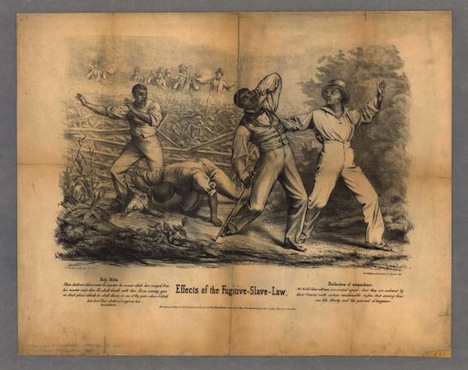 Excerpts from Roger Ebert’s Journal, September 20, 2009
Excerpts from Roger Ebert’s Journal, September 20, 2009
Every year good films show at the Toronto Film festival that never open anywhere near you. This year some good films played that may never open anywhere, even if you live in Toronto–or New York, San Francisco, Los Angeles, Seattle, Austin or upstairs over a Landmark Theater multiplex. Toronto is traditionally a lively marketplace for the purchase of film rights for new non-studio product: Indies, docs, foreign films. This year Harvey Weinstein paid $1 million for “A Single Man,” and that was that. One sale, one movie, one million — probably as little as Harvey has paid for a movie in some time.
The makers of independent films don’t have to send to learn for whom the bell tolls. It tolls for them. The bottom fell out of the market. That doesn’t mean there were no other offers, but it means there were none that the sellers felt able to accept. It shows a collapse of confidence in the prospects of independent film distribution.
Anne Thompson names a few of the films going home without deals, and it’s depressing: “Creation,” the opening-night biopic about Charles Darwin. “Get Low,” Robert Duvall’s first lead role in awhile. Bruce Beresford’s “Mao’s Last Dancer,” about a dancer hand-picked by Madame Mao who deflected to Texas after falling in love with an American woman. Tilda Swinton in “I am Love.” Rodrigo Garcia’s “Mother and Child,” which left some viewers weeping and stars Naomi Watts, Annette Bening and Samuel L. Jackson. Todd Solondz’s “Life During Wartime.” All big films with box office names (at indie box offices, certainly). And what about my own favorite from Toronto 2009, Tim Blake Nelson’s “Leaves of Grass,” with its remarkable dual performance by Edward Norton as twins? And Atom Egoyan’s mesmerizer “Chloe?” And many others? And what, for that matter, about “Julia” with Tilda Swinton, the most remarkable thriller I’ve seen all year, which played festivals including Berlin and Chicago in 2008, was picked up by Magnolia, and never played on more than four screens? . . .
The feeling is that it’s too expensive in this economy to successfully open an unknown film. . . .
The chilling effect of this down the line will mean the disappearance of investment funds for indie filmmakers. They depend on investors who can be persuaded to take a risk but not prepared to act as charities. All investors need to use is Google and they’ll be asking an indie filmmaker, “hasn’t the market dried up?” . . .
I’m intrigued by the developing first-run market via Video on Demand. . . . I’ve made an effort lately to review some new VOD titles on the site, and I’ve set aside a section for them on the “Two Thumbs Up®” section of my home page. There are four good ones currently listed: Spike Lee’s musical “Passing Strange;” Juliette Binoche in “Paris,” a love poem to a city and some characters who live there, and “Still Walking,” a new film by the Japanese master Hirokazu Kore-eda; and “Medicine for Melancholy” by Barry Jenkins, about two young African-Americans wake up hung over in a friend’s home and spend the next 24 hours very slowly getting to know one another.
Although my job description requires me to review almost all the new theatrical releases, I’m going to try to review some of these titles every month. Some of the most interesting, typically costing around $3.95, are via IFC Festival Direct, which also offers day-and-date premieres from such festivals as South by Southwest. . . .
